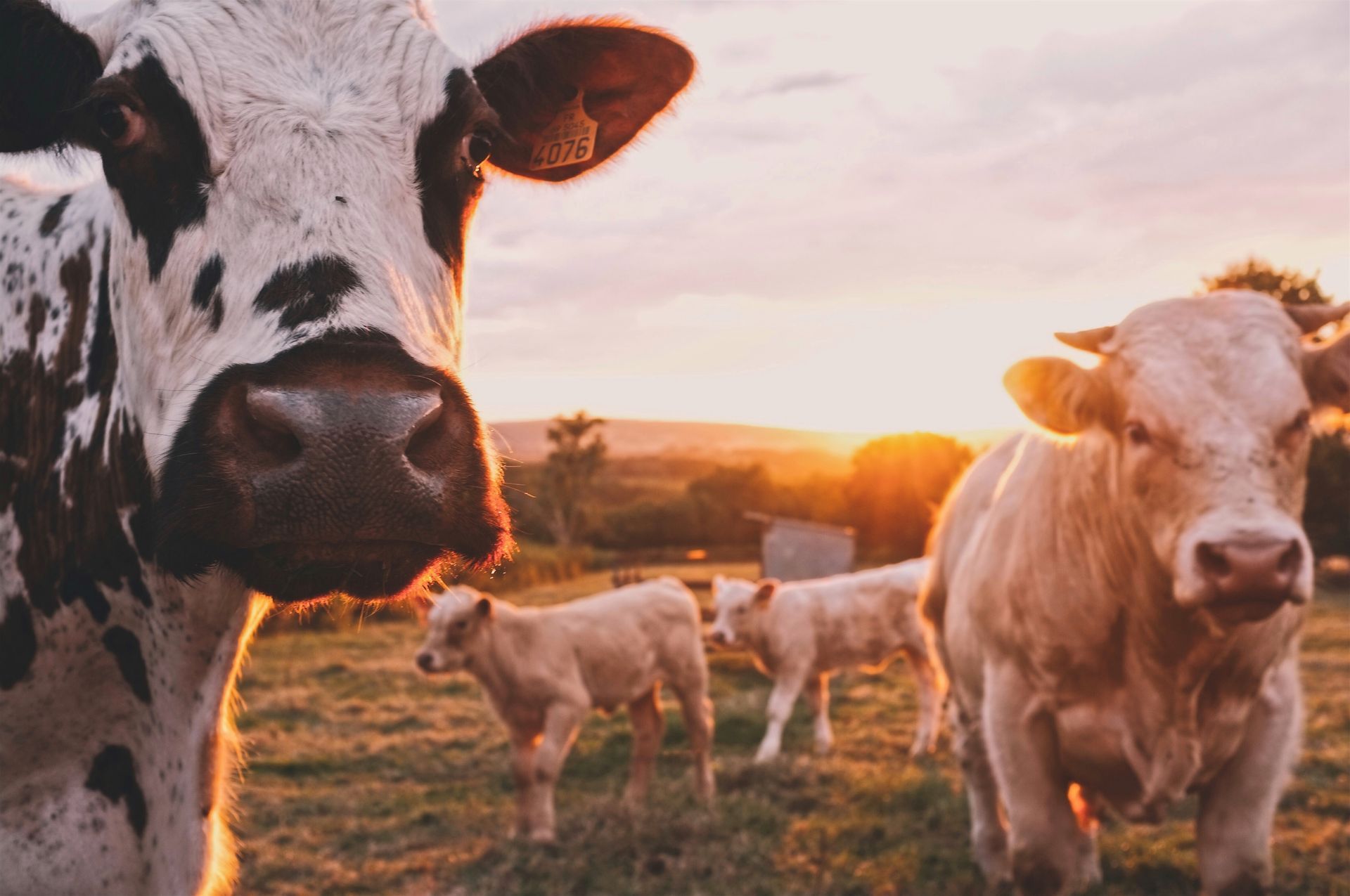With temperatures below the freezing mark and a roller coaster of moisture we may see some winter injury on our turf and ornamental plants. Extended cold dry periods can really dehydrate these plants and, worst case scenario, cause “winter kill.”
Most turf grasses in this region go into a winter dormancy which helps them tolerate low temperatures and fluctuation in moisture levels. Despite dormancy, injury can still happen. Winter brings the risk of frost damage. Frost damage occurs when the moisture within the individual grass leaves freezes and causes desiccation. Additionally, walking across your frosty lawn can cause the ice within the blades to fracture cell walls and kill tissue. Typically, this damage is confined to the leaves. The crown of the plant is still protected and healthy, which will produce green grass in the spring after soil temperatures rise. That being said, you may have footprints across the lawn for the next couple of months. Make a mental note to try to stay off the lawn until the frost is gone!
While native landscape plants have adapted to Missouri winter weather, susceptibility to cold weather varies when considering ornamental landscape plants. Moreover, the best plants for surviving the cold can’t handle the typical heat and drought of a Missouri summer. This can complicate choosing the right plants for our area. The best thing you can do is check the tag on any new plants you’re considering to see if they fit within the 6a-6b USDA Hardiness zone for mid-Missouri. Pay especially close attention to evergreens. Strong winds, cold temperatures and inadequate moisture can cause the plant to transpire water faster than the roots can replace it. This causes what is known as “winter burn.” You can prevent winter burn by mulching to hold in soil moisture. Wrapping the plant in burlap can protect it from the wind. Furthermore, watering these plants until the ground is frozen will drastically diminish chances of winter burn.
On the flip side of a dry winter, Missouri is also no stranger to heavy snow or ice events that cause significant problems. The added weight of snow or ice on tree and shrub branches can cause broken limbs, split trunks, and fallen trees. I hope that we don’t see anything like that this winter!
So while you’re staying cozy indoors, don’t forget about your freezing lawn and plants and let Atkins know if ever you need help diagnosing issues with any of them during any season.






